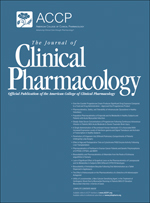“Pharmaceutical cannabinoids such as nabiximols, nabilone and dronabinol, and plant-based cannabinoids have been investigated for their therapeutic potential in treating multiple sclerosis (MS) symptoms.
This review of reviews aimed to synthesise findings from high quality systematic reviews that examined the safety and effectiveness of cannabinoids in multiple sclerosis. We examined the outcomes of disability and disability progression, pain, spasticity, bladder function, tremor/ataxia, quality of life and adverse effects.
We identified 11 eligible systematic reviews providing data from 32 studies, including 10 moderate to high quality RCTs.
Five reviews concluded that there was sufficient evidence that cannabinoids may be effective for symptoms of pain and/or spasticity in MS. Few reviews reported conclusions for other symptoms.
Recent high quality reviews find cannabinoids may have modest effects in MS for pain or spasticity. Future research should include studies with non-cannabinoid comparators; this is an important gap in the evidence.”
https://www.ncbi.nlm.nih.gov/pubmed/29442178
https://link.springer.com/article/10.1007%2Fs11910-018-0814-x


 “Interest in and use of marijuana by persons with multiple sclerosis (MS) has increased. While potential benefits have been reported, so have concerns about potential risks. Few large studies have been conducted about the perceptions and current usage of marijuana and medical
“Interest in and use of marijuana by persons with multiple sclerosis (MS) has increased. While potential benefits have been reported, so have concerns about potential risks. Few large studies have been conducted about the perceptions and current usage of marijuana and medical 






